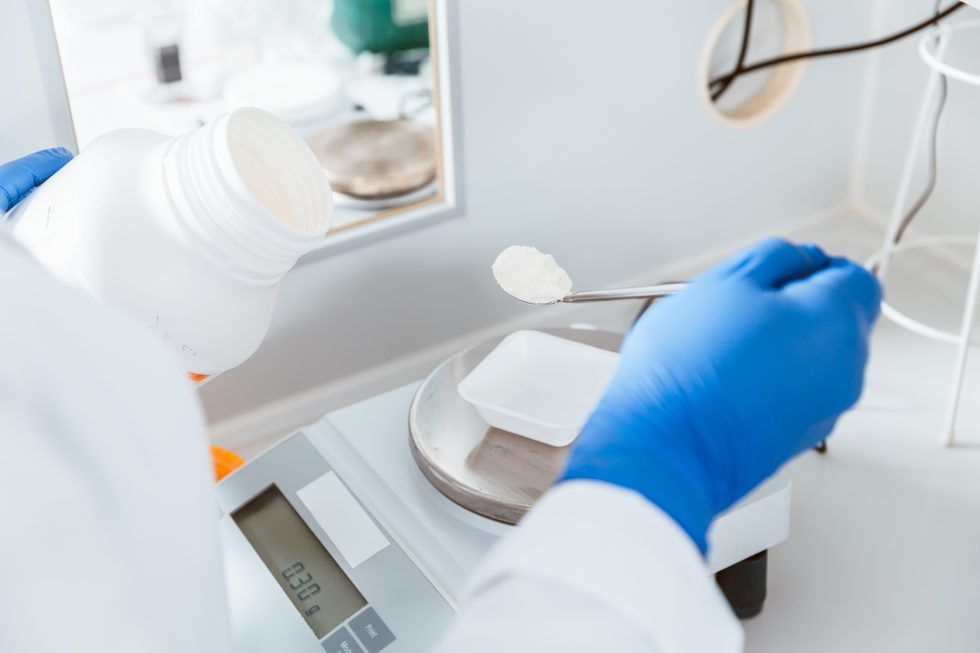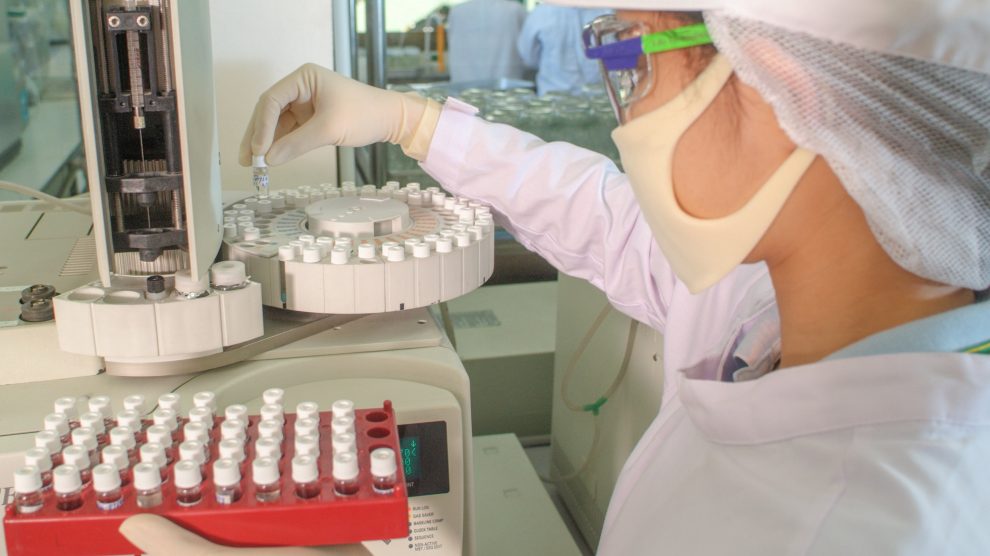Pharmaceutical compounding is often required when a specific prescription dosage isn’t commercially available. In other circumstances, medicines are specially prepared to accommodate patient needs, such as preventing severe allergies.
Because of the sensitivity of its nature, there are specific rules that pharmacies must follow and potential risks to consider before applying for accreditation. In this article, you’ll discover more about pharmaceutical compounding: what it is, how it can benefit patients, who can do it, and the things to consider before compounding drugs.

- What Is Pharmaceutical Compounding?
The Food and Drug Administration, or FDA, defines drug compounding as the process of mixing, combining, and changing the ingredients of a particular medication to suit the requirements of an individual. As its name suggests, compounding involves using at least two types of drugs.
Drug compounding may also refer to medications mixed outside pharmacies, typically in third-party drug companies that cater to different healthcare facilities, including clinics, hospitals, doctor’s clinics, to name a few.
While the FDA isn’t tasked to regulate compounding done in pharmacies, reputable companies are always committed to upholding strict safety standards, such as kit check partnership to enhance patient safety and pharmaceutical efficiency.
- Who Can Benefit From Drug Compounding?
The main reason for drug compounding is to accommodate a patient’s unique needs. A patient may require compounding based on the following circumstances:
- When a patient is allergic to any of the ingredients in commercially-available drug(s)
- A patient who suffers from age or health conditions needs another form of medication apart from the ones available on the market—for instance, a topical preparation instead of oral medication.
- An individual who develops side effects from FDA-approved drugs
- Pets and children who refuse to take medicines in traditional ways
- When a commercially-available medication is unavailable
- An individual needs a customized dosage that’s either lower or higher than the pills sold on the market.
- Patients who need customized medication due to illnesses like hepatitis or kidney diseases
- Persons who have a special diet, for instance, vegans
- Which Medicines Can Be Compounded?
Licensed professionals can synthesize a wide array of medicines based on doctors’ orders. Much of this, however, depends on the available skills, and pieces of equipment in a pharmacy or drug company. Generally speaking, pharmacists can combine drugs to turn into several forms such as capsules, liquids, nasal sprays, topical creams, optic solution, ophthalmic drops, and injections—with a doctor’s prescription, of course.
- What Are The Types Of Pharmaceutical Compounding?
Compounding can either be sterile or non-sterile. Sterile compounding is required for medications that, when contaminated, can lead to severe infections. These can include those that have to be administered intravenously or through the eyes. Staff must prepare the medication in a sterile environment while observing rigid safety procedures to prevent compounding errors that endanger patients’ lives.
Conversely, non-sterile compounding refers to mixing medications administered orally or applied topically. Doing this doesn’t mean that pharmacists aren’t required to observe safety standards. With that being said, equipment and surfaces are sanitized, and pharmacists must follow strict safety rules, although the site may not be exceptionally free from microorganisms.
- Is Compounding Safe?
Compounding is generally safe as long as the pharmaceutical entity is compliant with the updated safety policies. Before performing any compounding activity, the National Association of Pharmacy Regulators (NAPRA) further recommends a company considers these key elements: the medication’s active ingredients, formulation, the compounding site, presence of and access to appropriate components and equipment, and the skills required in compounding the drugs in question.
Customizing medicines have been around for several years, and as part of the healthcare sector, it has undergone several advancements. Besides improved processes, pharmaceutical companies have incorporated quality control and safety techniques in their compounding activities to minimize health risks.
- Who Can Compound Drugs?
While the FDA regulates the drug manufacturing sector, compounding is mainly subject to state pharmacy standards and regulations. As such, a state has its criteria for compounding, including who can do it, where an accredited person can do it, and the safety procedures every professional must observe and adhere to.
Typically, though, states require compounding facilities, including pharmacies, to obtain government accreditation. Additionally, the activity itself must be performed by licensed pharmacists or physicians using updated technologies and equipment. As mentioned earlier, while often done in pharmacies, personalizing medications could happen in other settings. Medications compounded in outsourcing facilities are subject to FDA inspections and stringent current good manufacturing practice (CGMP) rules.
Wrap Up
Compounded drugs can benefit several types of patients who need to have their medications personalized for several reasons. While not as common and highly regulated as commercially-available drugs, customized preparations are still subject to compliance with quality, safety, and efficacy standards laid out by both the state and the FDA. As long as compounding facilities strictly follow these regulations, health risks to patients will remain low to almost nothing.





















